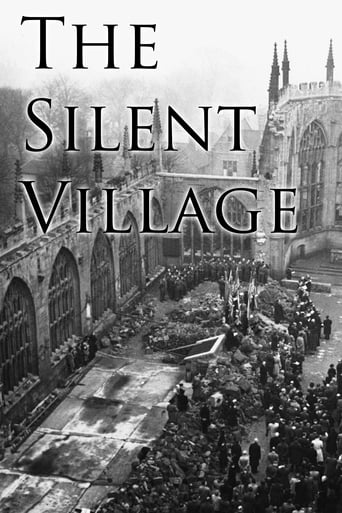
The Silent Village
September. 30,1943 GThe true story of the massacre of a small Czech village by the Nazis is retold as if it happened in Wales.
Similar titles

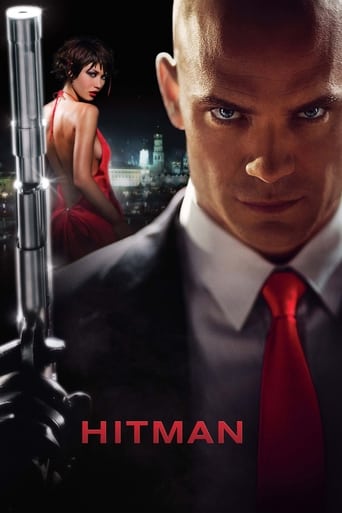
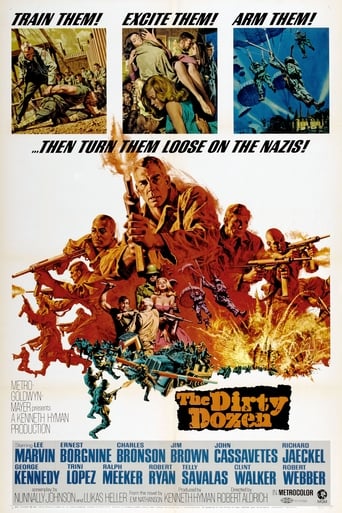
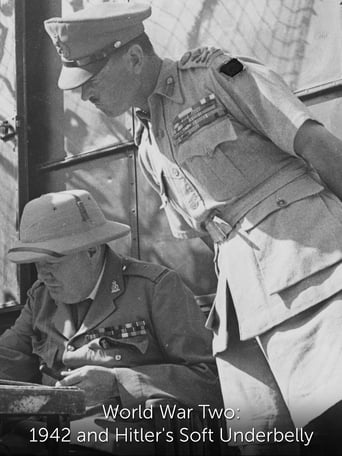
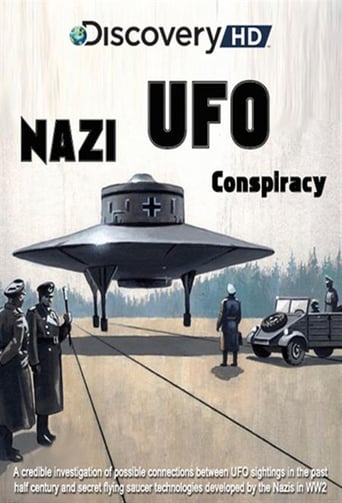

You May Also Like
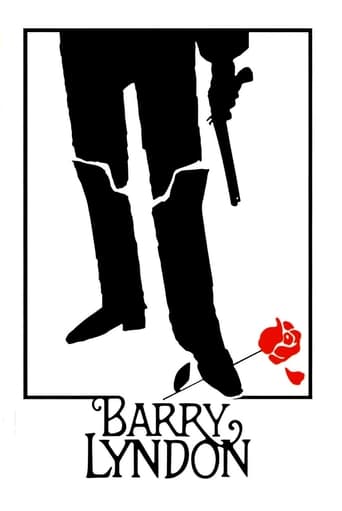
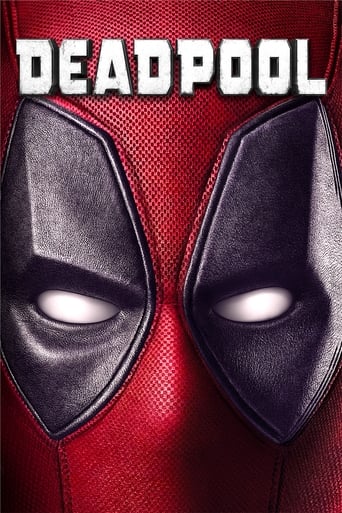

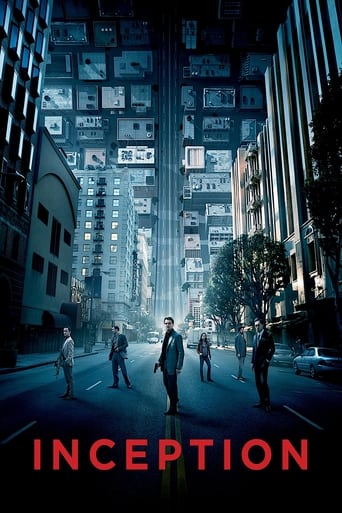
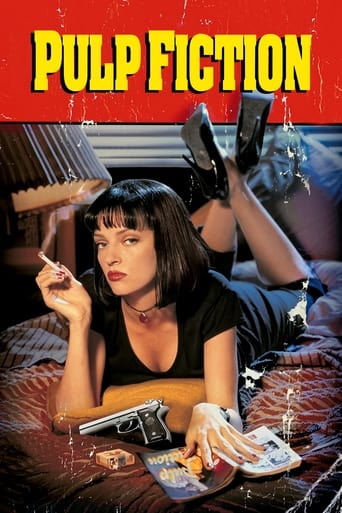





Reviews
Best movie of this year hands down!
Beautiful, moving film.
A lot more amusing than I thought it would be.
The acting in this movie is really good.
There is no expression in English that I know of to describe the literary and cinematic genre called in French a récit d'anticipation - an anticipatory narrative. The term is applied to any book or film (normally in practice a kind of science fiction) that attempts to anticipate a near or probable future. It includes notably such dystopia as Orwell's 1984 (1948 reversed), Zamyatin's We or Huxley's Brave New World but could evidently be extended - it all depends rather what one regards as probable - to such a work as War of the Worlds, famously understood to be an anticipatory narrative by a certain (much-exaggerated) number of people in the US when broadcast on radio by Orson Welles in 1938. The War of the Worlds was lavishly filmed in 1953 but another H. G. Wells anticpatory narrative, The Shape of Things to Come had already been filmed in 1936.Narratives anticipating warfare (enemy attack, enemy invasion and so forth) were unsurprisingly nothing new. As a genre of popular literature it became common during the 1890s. William Le Queux in England specialised in such narratives and it strongly colours the spy novels of John Buchan (whose Thirty-Nine Steps Hitchcock filmed in 1939). In film, Georges Méliès's Tunneling the Channel (1907) is already such a narrative even if it anticipates problems a shade les severe than war. Walter Booth's The Airship Destroyer (1909) is a clear warning of the possibility of hi-tech attack from the air. This kind of anticipation became standard in the "preparedness" films before the First World War, particularly in an undecided US where such serials as Patria or features like Thomas Dixon's (lost) Fall of a Nation (1916). Just before the war (1913), H. H. Monroe (Saki) wrote a short novel, When William Came, imagining a German invasion and occupation of Britain.Similar anticipations of the war are Alfred Machin's Maudit soit la guerre (1914) and Thomas Ince's Civlization (1916), the latter set in an imaginary kingdom. Both of these have somewhat false reputations as "pacifist" films. In both cases, although they were "anti-war" films, they became, once war was a reality, a form of war propaganda. War is nasty but it is a principle of propaganda that it is always the other side that is responsible for the nastiness.One of the most celebrated examples in World War II had been made just the year before by Jennings's former boss, Alberto Cavalcanti, now with Ealing - Went The Day Well adapted from a Graham Screen story about German soldiers who take over an English village (a film that also formed the basis for the 1975 Jack Higgins novel The Eagle has Landed and the film based on it.The Silent Village is however unusual in not strictly being anticipatory in that it recounts events that have actually happened, transposing them to a different locale (the Welsh village seen as the equivaent of the martyred Czech village of Lidice). There is some similarity here with Chaplin's The Great Dictator which transposes actual events, albeit in comic fashion, to an imaginary kingdom but Jennings film is unique, to my knowledge, in transposing an absolutely specific event (the atrocities committed in Lidice) in this way.It is noticeable that in this fine film the fact of using non-actors poses no kind of problem whatsoever, emphasising the fact that the value of such an exercise depends not on the acting ability of the "figurants" (again no English word that I know) but on the skill of the producer/director in making use of them. The principle had been initiated at the GPO Unit by Cavalcanti during his tenure and, thanks to Cavalcanti's expertise with sound and the orchestration of dialogue had worked well (Harry Watt's Squadron 992 produced by Cavalcanti is a superb example). In the films produced by Ian Dalrymple (The Target for Tonight and Coastal Command) the dialogue comes over as stilted and the presence of "non-actors" is painfully evident. Jennings got on well with Dalrymple (they worked together on Listen to Britain)but here produces as well as directs. There is as a result no problem with the "non-actors".Curious, however, that the commentator did not take the trouble to learn how to pronounce the name of the Czech village correctly....
British documentarist Jennings was perhaps the most renowned exponent of his field, especially for the 'poetic' depiction of his homeland's noble contribution to WWII. A number of his major films have been released on DVD, of which I had acquired Image's LISTEN TO Britain AND OTHER FILMS BY HUMPHREY JENNINGS; at the time, I was somewhat underwhelmed by the experience, though I also recall that the imperfect audio was partly to blame! Anyway, the movie under review is another well-regarded effort of his and, interestingly, not quite documentary despite its matter-of-fact presentation and non-professional cast. The fact is that it tells of the real-life events that occurred in the Czech town of Lidice, which was razed to the ground by the Nazis following the townsfolk's assassination of SS chief Reinhard Heydrich; curiously enough, Fritz Lang made HANGMEN ALSO DIE! (1943) – a Hollywoodized account of just this tragic case – around this same time! Jennings found a Welsh mining town with a similar landscape and way-of- life and recreated the heinous incident there – still, he did not try to pass it off as Lidice but rather theorized what could have been, which I am sure hit the British viewers that much more. Incidentally, this was possibly the first but certainly not the last time that such a hypothetical viewpoint would be undertaken by documentarists: Kevin Brownlow and Andrew Mollo's IT HAPPENED HERE (1965) – which I will be checking out presently, since it tells of Britain's capitulation to the Nazi onslaught! – and Peter Watkins' harrowing, Oscar-winning THE WAR GAME (1965) – detailing the country's reaction to nuclear holocaust.
A community slaughtered because Fascists wanted to intimidate and destroy community solidarity. The film was filmed up the valley from my home, - in Cwmgiedd by Ystradgynlais, with local people, many of whom had had a relative in the International Brigades in Espana, forming the cast. Very Moving!
Humphrey Jennings is always associated with the British documentary movement. Yet he was something of an outsider who never really fitted in - indeed he more or less drifted into the G.P.O Film Unit (later the Crown Film Unit) in the 1930's. He was something of an intellectual, and his real interests were literature and surrealism (he was an accomplished surrealist painter).Consequently, he often eschewed the fashionable 'social realism' to explore the unusual and the unexpected. His films had carefully composed camera shots and subjects that were highly unorthodox.This film was a tribute to the Czech mining village of Lidice, destroyed by the Nazis as a reprisal for the assassination of Heydrich. Jennings conceived the wonderful idea of re-enacting the episode in a Welsh mining village, as a way of bringing home to the British public the sort of thing that they were fighting against. Not only did he obtain the enthusiastic support of the villagers and the local branch of the miners' trade union, but he actually decided to employ the villagers themselves as an amateur cast. The dialogue and situations were all improvised. This is probably the first time that such a thing had been done in the British cinema.The first half of the film is a series of scenes (without any narration) that build up a meticulous picture of life in the village in peace time. Then the film suddenly changes gear. The Nazis occupy this part of Wales. No soldiers are seen - just a menacing loudspeaker van issuing a constant stream of orders and directives.Life becomes ever more restricted, and the villagers suddenly begin to learn the consequences of occupation. The schoolmistress tells her class that this will be the last Welsh lesson. Tomorrow, they will be forbidden to speak it. (She asks all the children not to forget their "beautiful language".)The reprisal is then depicted, not in a sensational way, but in a series of stark images. The children leave the school in a procession, holding hands, as if they are going on a nature ramble. But they are loaded on to a truck, under the supervision of an armed guard.Finally, the men assemble in front of the chapel wall. We sense what is about to happen. They begin to sing 'Land of Our Fathers'... we do not see the execution...it is left to our imagination, and is thus all the more terrible.This is a short film. But an unforgettable one.
Top Streaming Movies












